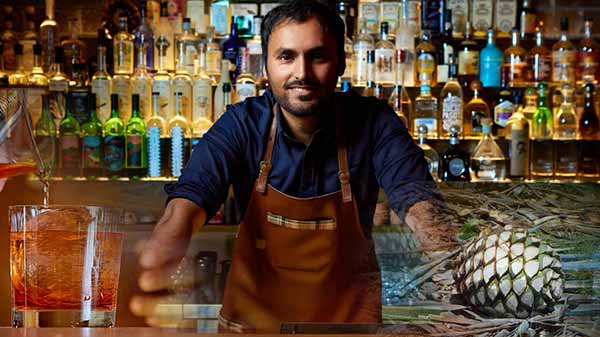
Agave-based Spirits: Demystifying tequila, mezcal and raicilla

Judging from the slew of upmarket Mexican restaurants that cropped up in our fair city over the past few years (11 Westside, Brickhouse and Caliente to name a few), tacos and burritos have become something of a staple for Hong Kong epicureans. But what of Mexico’s alcohols? We’re here to shed some light on some of its most famous agave-based spirits: tequila, mezcal and raicilla.
Despite its widespread fame, tequila is something of an exclusive club. By law, it can only be produced within five of Mexico’s 31 states, with Jalisco being the major manufacturer. Furthermore, only blue agave grown in these designated regions can be used to produce tequila. It’s almost identical to the rule governing the classification of champagnes.

So how to distinguish between good and bad tequila? “When you’re drinking tequila, look for a sweet potato aroma. That’s how you know it has truly preserved the blue agave flavour,” shares bar guru Jay Khan, who helms Coa, the new Oaxaca-inspired bar dedicated to agave-based spirits. Another top tip? Avoid tequilas with overwhelming caramel or vanilla aromas. These reflect artificial additions introduced during the distillation process.
It may come as a surprise that tequila is actually part of the larger mezcal family. What is mezcal, you ask? It’s the overarching term used to define all agave-based spirits distilled in nine Mexican states. Oaxaca is the leading producer. Where tequila only draws on one agave species, mezcals utilise over 50 varieties. This explains the much more diverse flavour profiles found across different mezcal brands.

Many mezcals use a similar distillation process. The piña, or agave stem, is roasted and smoked in an underground pit, and then crushed before being left to ferment in water. Even after distillation, mezcal delivers a strong smoky taste – a residual effect of this production methodology.
When you exclude mezcal and tequila, agave alcohols remain relatively unknown in our city’s nightlife scene. But one serious up-and-comer is raicilla. Although technically a mezcal, raicilla cannot be legally labelled as such because it is produced exclusively in the state of Jalisco where mezcal production is banned. Raicilla sometimes lacks the smoky flavour of other agave-based spirits because it is cooked overground in artisanal brick ovens that allow smoke to escape.

Don’t expect any raicilla-based cocktails though. “Raicilla’s flavours are so nuanced and subtle that it gets lost when mixed in cocktails,” says Khan, “If guests request it on the rocks, we provide ice on the side. But cooling the liquid compresses and dampens the aromas. I’d recommend having racilla neat.”
Ready to take that first step into the world of agave-based spirits? Khan recommends Coa’s signature Horchata de Pistacho cocktail, which blends Ocho Blanco tequila with homemade horchata and pistachio orgeat. If you’re feeling more adventurous, ask the knowledgeable staff for a mezcal or raicilla recommendation. Salud!
Coa. Shop A, LG/F, Wah Shin House, 6-10 Shin Hing Street, Central.
Text: Tenzing Thondup







